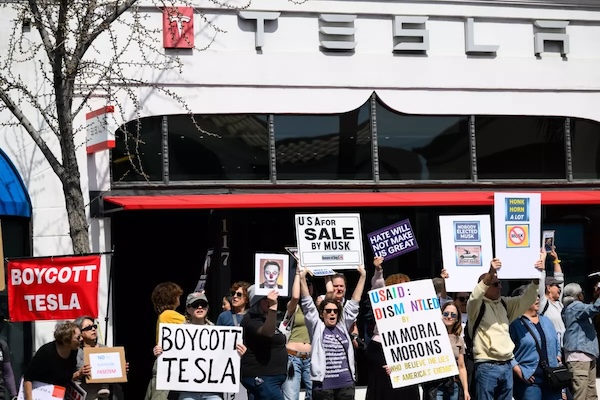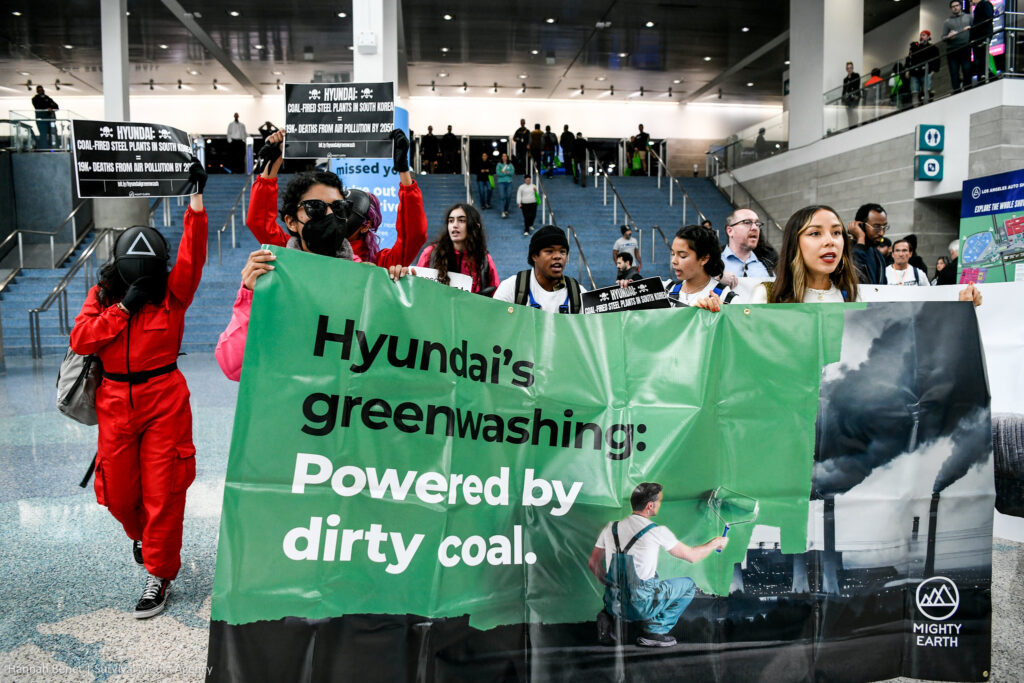The Shifting Landscape of Electric Vehicles: Tesla’s Decline and Emerging Alternatives
Tesla, once synonymous with the electric vehicle (EV) revolution, is currently facing challenges in both the U.S. and European markets. Recent reports indicate a significant drop in Tesla’s sales, with a notable 49% decrease in Europe, even as the overall demand for EVs continues to rise. This decline comes amid a broader increase in electric vehicle registrations in the U.S., which have grown from 1.45 million in 2021 to over 3.55 million by 2023, according to the U.S. Department of Energy’s Alternative Fuels Data Center.
The Lead the Charge coalition, which includes Mighty Earth, recently evaluated the leading automakers on their efforts to address fossil fuel dependence, environmental impact, and human rights issues in their supply chains. Despite its sales challenges, Tesla received top marks for its improvements in these areas. However, the juxtaposition of Tesla’s high ranking and CEO Elon Musk’s controversial actions, such as undermining environmental protections in the U.S., raises questions about the ethical considerations of purchasing their vehicles.

This situation underscores the need for a variety of clean EV options. Hyundai is emerging as a viable alternative to Tesla, particularly with its commitment to the U.S. market. In response to new auto tariffs, Hyundai announced a $21 billion investment in U.S. manufacturing and supply chain development, including a new steel plant in Louisiana. This facility aims to produce steel for Hyundai’s EVs using an electric arc furnace, a method that can be environmentally friendly depending on the power source.
Nevertheless, Hyundai’s supply chain still faces challenges. The company’s steel production has been linked to Russian coal, labor violations, and environmental issues. True progress would involve Hyundai adopting green hydrogen for steel production and ensuring comprehensive protections for both human rights and the environment.
The shift to electric vehicles remains a key strategy in reducing climate pollution. The U.S. Department of Energy highlights the environmental benefits of EVs, noting that the average gasoline car emits 12,594 pounds of carbon dioxide yearly, whereas an electric vehicle emits less than 22% of that amount. Thus, there’s an ongoing push for automakers to enhance the sustainability of their supply chains, covering everything from steel and rubber to leather and battery components.
As Tesla’s dominance potentially wanes, there is both an opportunity and a responsibility for other automakers to step forward with environmentally responsible vehicles that contribute to reducing the pollution that leaders like Musk and Trump have been criticized for exacerbating.
Original Story at mightyearth.org
